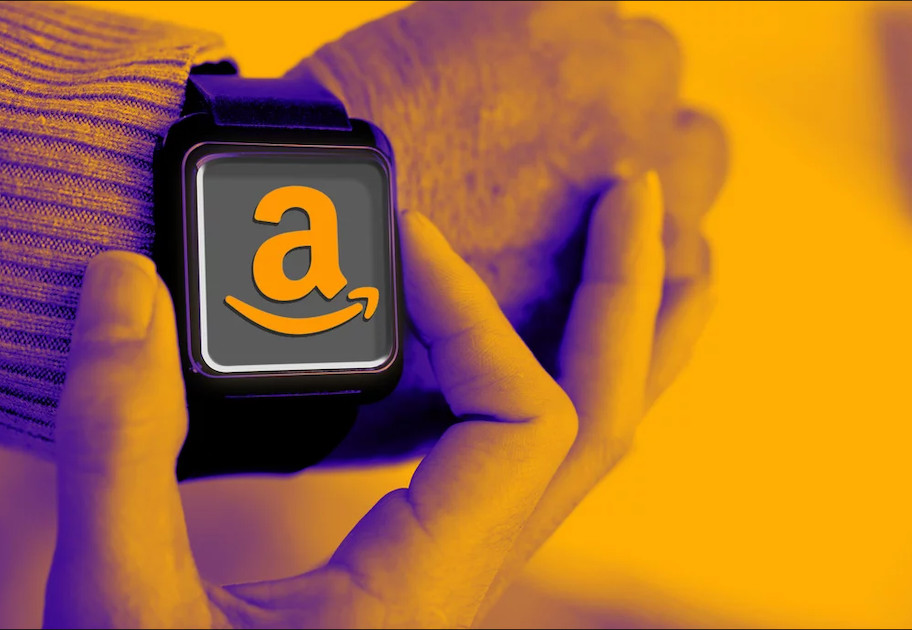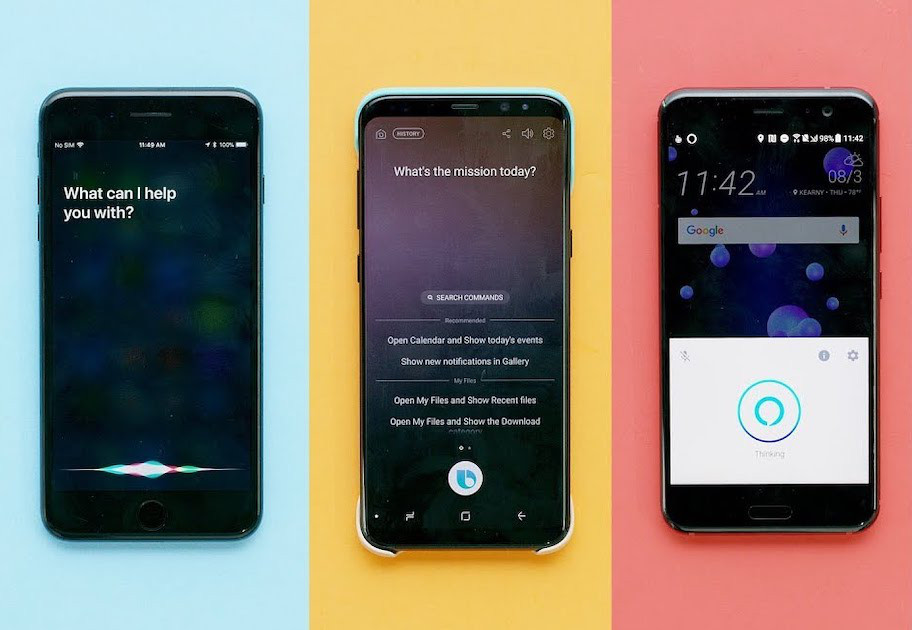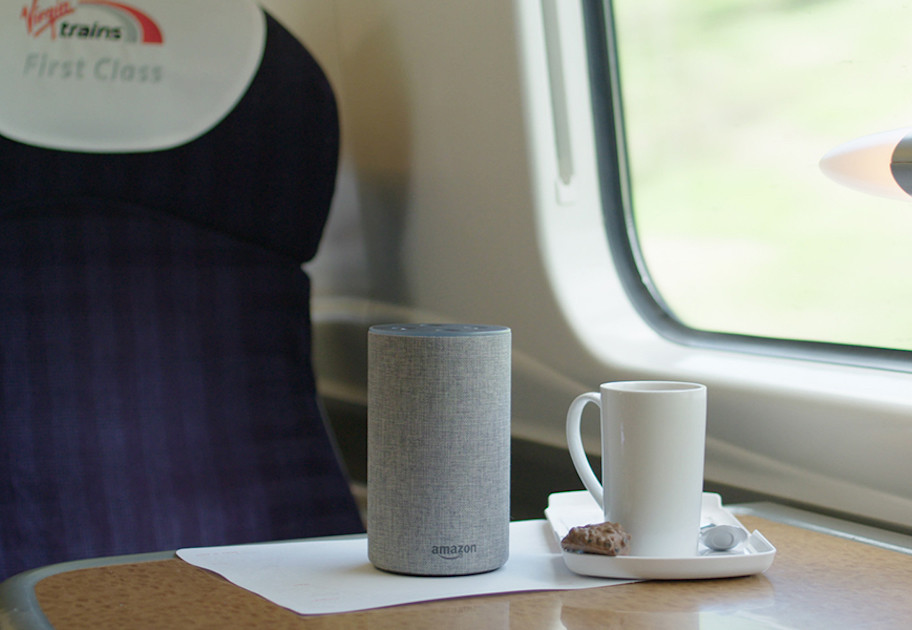Yet there are also some speed bumps in the process. For example, browsing lists with different options using voice is much more difficult and slower than swiping through a visual list of options and, most of all, it's difficult to judge a product when you don't have a visual reference. Moreover, linking accounts is often quite a challenge and the possibilities available within the voice environment vary according to country and platform.
However, don't let this distract you from the potential that the technology has to offer. The technology is growing up fast and is becoming more user-friendly with each update.
The challenges for retailers
The message should be clear: as a retailer and brand, you will have to work with voice assistants. The question, however, is how? And what should you take into account?
Overall, there are three options:
- Integrate voice search into your existing digital touchpoints
The easiest step and a small extension to your current digital services via existing touchpoints: allow users to search within your digital environments using voice instead of typing, tapping and swiping. This greatly benefits their user experience.
- Create your own Skills or Actions for the major digital assistants
Google's Assistant and Amazon's Alexa allow you to develop your own interactions that users can access as a kind of small app. So you are creating your own environment within the world of a digital assistant, in which you have direct contact with your shopper for service or direct sales.
- Organise your data for integration with the major assistants and their platforms
Is a user using their assistant - probably 'the big 2' Google Assistant or Amazon Alexa - to search directly for a product you have in your range? Then it's important that you give the assistant direct access to your structured data, so that all relevant product information can be accessed immediately and the path to an order can be followed smoothly. In fact, you simply offer your product range through the marketplaces of Google and Amazon, and their assistants are the store front.
Retailers and brands, take note!
For consumers, digital assistants will provide a lot of convenience and a shorter 'screen time'. For retailers - physical, online and omnichannel - the impact is expected to be significantly greater. We have listed a number of things:
- Your store front is going to change radically.
No longer is your own shop or app the entrance to your product range. So the questions become, how do you create traffic, what will make you special, and what control will you still have of the customer experience? In fact, how much space will you have to brand your store when users are actually teleported directly to your warehouse by their digital assistants?
- Insight into your (users) data
You are the owner of your user data through your own channels, and you have direct access to the insights they can offer you. However, if your customers shop through Google Assistant or Alexa, these platforms obviously know your customers better than you do.
- (Extra) commission on your sales
When your products are sold through the assistant's marketplaces - and perhaps also using their specific payment services - your margin also changes. While your price is already becoming more important in order to be 'selected' by the assistant as a potential provider, you will probably pay extra commissions on top of that.
- The competitive field changes
With the increasing dominance of digital assistants and their marketplaces, there is a danger that - as a multibrand retailer - your band will become increasingly less a differentiator. You will be at the mercy of the AIs, and dependent on your skill in taking advantage of this in the right way. You will also be at the mercy of increasing competition with regard to prices.
Gimmick or game changer?
Only time will tell. In any case, substantial parts of both physical and digital journeys will shift towards the voice domain and as a retailer and brand you will have to at least work on creating a vision of your future in this playing field. Start testing and learning now, so you are ready to move fast if the voice revolution really takes place!
[Inzet] Cool or creepy? Assistants who empathise with you...
There are persistent rumours about the new Amazon 'Dylan' project - a collaboration between Amazon's Alexa team and their Lab126 hardware division. The product? A smart wearable that you can not only talk to, but which can even recognise your emotions during the conversation. Do you sound stressed? Then, no doubt, Dylan will recommend a book about Mindfullness, or maybe a modified diet.
Whether the product will actually reach the market remains the question, but that digital assistants are becoming increasingly human is beyond any doubt!
Do you want to know more about this trend? Then you should contact Erica Twigt, erica.twigt@kega.nl or +31 (0)252 750275.
.png?width=641&height=253&name=Kega%20logo%20(white%20bg).png)



